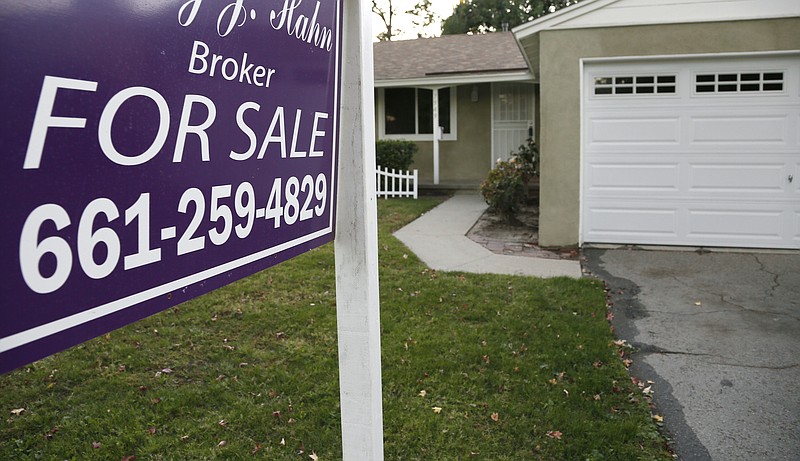Home prices in 2018 climbed 4.5%, while incomes grew 3.2%, according to CoreLogic real estate figures and government wage data released Friday.
The gap suggests that affordability is worsening. Still, this gap appears to be narrowing relative in much of the country as gains in average hourly earnings have risen as the unemployment rate has fallen. Meanwhile, a slowdown in homebuying since 2018 has limited price gains in real estate and improved affordability.
Across the country, there are significant variations in this trend as some markets are seeing affordability worsen and others have seen it stabilize after rapid growth.
Home prices in the Boise, Idaho area jumped 16.3%, significantly higher than the 3.7% gain in incomes. The Florida retirement community known as The Villages saw a similar trend as incomes rose 3.1% while home values increased 7.7%.
Places such as New York, Seattle and San Francisco are already pricing out residents, forcing many to stay as renters or move to cheaper cities. But in the past year, rising incomes in these areas and slowing growth in home prices has improved affordability slightly.
Weekly stock gains biggest this year
Wall Street turned the page on a painful May in the stock market by notching its best week since late November.
Stocks climbed for a fourth consecutive day Friday, capping a week of gains that reversed most of the losses in May, when President Donald Trump's tariff threats escalated trade wars with China and Mexico.
The Dow Jones Industrial Average gained 263.28 points, or 1%, to 25,983.94.
Friday's rally boosted the value of some of Chattanooga's most battered stocks so far this year with double-digit gains. Dixie Group rose nearly 55.4% Friday, while CBL Properies jumped by 16.7%. Covenant Transport rose nearly 3.1%.
Hedge fund buys Barnes & Noble
Barnes & Noble is being acquired by a hedge fund for $476 million and will be taken private.
The national book store chain, which operates a store at Hamilton Place Mall in Chattanooga, was blamed by many for the demise of independent bookstores in the past but since has been ravaged by Amazon.com and other online sellers.
On Friday, it was acquired by Elliott Management and, in a twist, will likely become a national chain with a business model more akin to that of a local bookstore.
Elliott bought Waterstones one year ago, a national U.K. book chain that has successfully navigated through the online/e-reader revolution by returning a lot of autonomy to the managers of its nearly 300 stores, who can select books that they believe local readers want.
Rooms To Go adds 200 jobs
Rooms To Go will locate a new warehouse and retail outlet store in Lebanon, Tennessee, adding 200 jobs in Wilson County.
The furniture company announced this week it will invest $69 million in the new Tennessee complex.
Founded in 1990, Rooms To Go is one of the nation's top selling furniture retailers. The company's designers coordinate complete room sets, choosing colors, fabrics, styles and furniture groupings, which are priced at a significant discount when purchased as a set.
Rooms To Go operates 226 stores across 10 states and Puerto Rico and has five retail stores located in Tennessee.
Consumer borrowing up by $17.5 billion
Consumer borrowing accelerated in April to the fastest pace in five months as a rebound in credit card use offset slower demand for auto and student loans.
Borrowing increased by $17.5 billion, the Federal Reserve said Friday. That is up from March's $11 billion advance and marks the biggest jump since a $21.7 billion increase last November.
Borrowing on credit cards increased by $7 billion after having fallen by $2 billion in March. Borrowing for auto and student loans slowed to an increase of $10.5 billion, down from $13 billion in March. It is the smallest advance since last June.
Consumer credit is a key indicator of the willingness of households to increase borrowing to support consumer spending, which accounts for 70% of economic activity.
The April acceleration in borrowing represented a 5.2% increase following a 3.3% gain in March. It pushed total borrowing to a record $4.07 trillion.
